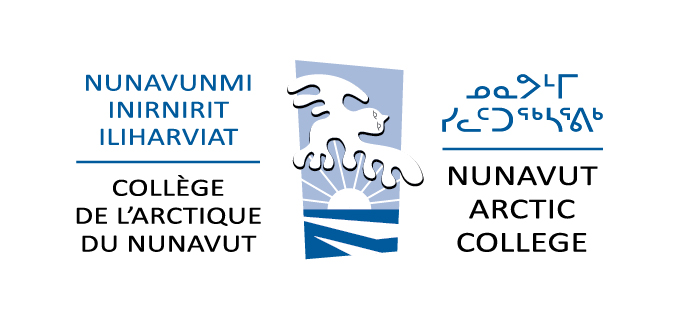MUN grads make history as 1st teachers trained with Inuit traditions
We would like to share an article published by CBC News on March 31, 2019.
This is a glimpse of what our partnership with Memorial University means for the future of Education in Nunavut. We are working together with MUN to create the best education opportunities for Nunavummiut with Inuit traditions and values at the forefront of the curriculum.
Congratulations to the graduating class of Inuit Bachelor of Education at Memorial University.
MUN grads make history as 1st teachers trained with Inuit traditions
Completed one-time Inuit bachelor of education program from Memorial University
Meghan McCabe · CBC News · Posted: May 31, 2019 8:42 PM NT | Last Updated: June 1
Doris Boase graduated from the Inuit bachelor of education program between Memorial University's Labrador Institute and the Nunatsiavut government. (Meg Roberts/CBC)
Walking across the stage to receive her bachelor of education degree was a moment Doris Boase never thought she would see.
"I never gave any serious thought to furthering my education, I didn't think I was capable of doing it," Boase said after the ceremony in St. John's Friday.
"The role I have now as an Inuktitut teacher, that was my dream, and I am actually living it right now," she beamed, saying it's important because it "brings back home grown teachers" to her community.
An Inuk from Hopedale, Boase is one of the ten students who graduated from the five-year Inuit bachelor of education program, a one-time partnership between Nunatsiavut government and Memorial University. It was held at the university's Labrador Institute in Happy Valley-Goose Bay.
Finding her path
Boase said she was trying to find out what her role in life was supposed to be for years, "and when this course came along I felt that this was it."
She said she was "fully immersed" in her culture, except the language aspect. She said being able to bring home her new found Inuktitut skills mean a lot to her.
Boase lived away from her family for years, and lost both her mother and grandmother while she was studying.
Without my culture, I am no one. - Doris Boase
But she's grateful to be able to teach young Inuit students the province's curriculum with cultural aspects, like framing the lessons within the contexts of decolonization and self governance.
"When we got down to it, it wasn't as hard as I thought it would be," Boase said of incorporating those elements into the curriculum.
'Hugely important'
Sylvia Moore is an assistant professor at the Labrador Institute, and the lead on the Inuit bachelor of education program in Labrador.
"It is a university working in partnership with an Indigenous government, that is hugely important," she said.
"It is also important in terms of an Indigenous government having teachers who are fully qualified, with a vision for what education will be in their area."
Sylvia Moore is an assistant professor at Memorial University's Labrador Institute in Happy Valley-Goose Bay.(Meg Roberts/CBC)
Moore said the 10 students learned to teach primary and elementary school students much like students in the traditional education program in St. John's.
"We also focused on decolonizing pedagogues, we focused on infusing Inuit culture into their learning and, in turn, how they would teach," she said.
The teachers are fully certified and can work anywhere in Canada, and although Moore said there are "no plans at this point to run another one" — the program was a great success.
And Doris Boase agreed, excited to go home to fulfil her destiny.
"Without my culture, I am no one. I am Inuit first and foremost before my birth name or my job title, it's who I am."
With files from Meg Roberts


